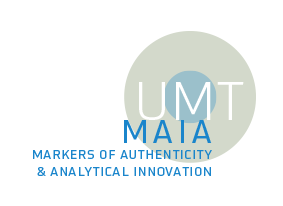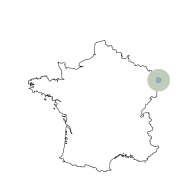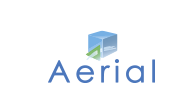
Coordination
Partners
Objectives
The issue of fraud – and its corollary, authenticity – is increasingly prevalent in the food industry. The complementary tools of traceability and analytical measurement can be used to ensure the authenticity of food products.
The Actia Maia Joint Technological Unit deals with the issue of analytical measurement to detect fraud by adulteration, which makes determining authenticity a complex issue. Its aim is to design, evaluate and approve strategies for analysing the authenticity of food. It’s about improving and adding to the range of analytical solutions available to food industry stakeholders.
The programme of this Joint Technological Unit, based in Strasbourg, began in January 2022 for a five-year period.
Actions
Research on and identification of markers of authenticity.
The implementation of strategies for finding and identifying markers of authenticity by exploring the potential and limitations of mass spectrometry compared with techniques such as NMR and IR spectroscopy, which are more commonly used.
Analysis of the strengths and weaknesses of these techniques for verifying the authenticity of food.
Development of new methods for the detection of adulteration and research on new markers.
Development of simplified methods for verifying authenticity.
An inventory of existing methods of analysis.
The selection of methods that can be simplified with a view to their routine use.
Development and approval of the selected methods through intra-laboratory studies.
Normalisation of methods with a view to technology transfer.
Contribution to defining concepts for approving non-targeted methods.
Participation in inter-laboratory studies and organisation of inter-laboratory approval with a view to the normalisation of methods for verifying the authenticity of food.






